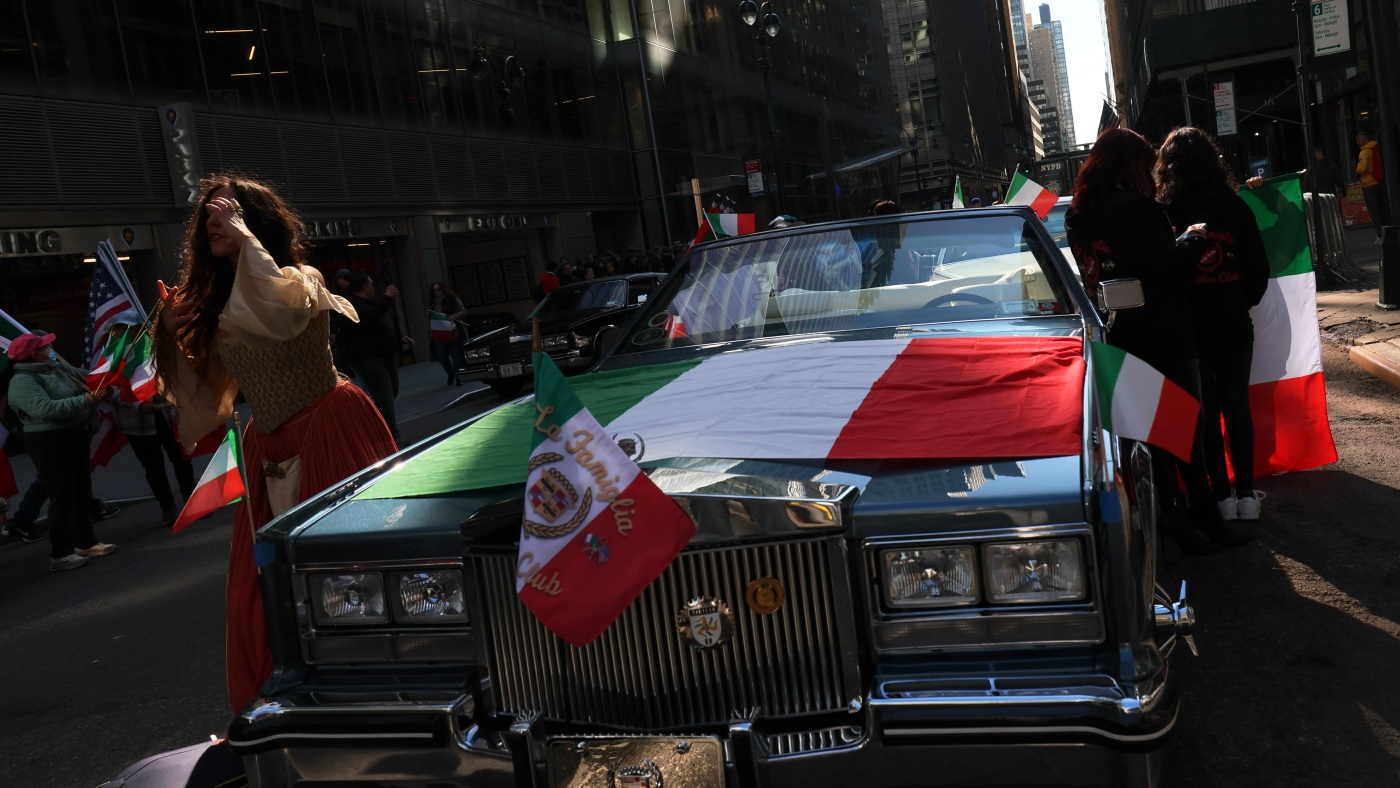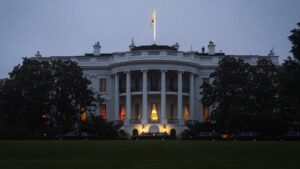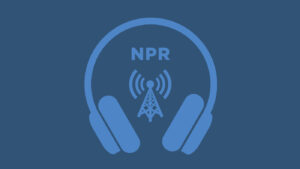
A car with an Italian flag is seen at the annual Columbus Day Parade in New York City in 2023.
Michael M. Santiago/Getty Images North America
hide caption
toggle caption
Michael M. Santiago/Getty Images North America
President Trump’s recent remarks have reignited discussions about Columbus Day, a holiday with a complicated legacy in the United States. Currently, Columbus Day is one of the 11 federal holidays celebrated nationwide. Trump’s intention is to restore the holiday’s prominence, stating he wants to bring Columbus “back from the ashes.”
In a Truth Social post, the former president called for a resurgence of Columbus Day celebrations, asserting, “I am hereby reinstating Columbus Day under the same rules, dates, and locations, as it has had for all of the many decades before!” Despite his claims, Columbus Day has remained an official federal holiday for nearly a century.
While Columbus Day remains a federal holiday, many people now recognize Indigenous Peoples Day on the same date. President Joe Biden was the first U.S. president to officially acknowledge Indigenous Peoples Day, celebrating the contributions and history of Native American communities alongside Columbus Day.
Trump’s comments have been met with mixed reactions. Some Italian American groups have expressed support, with one calling Trump’s message “profoundly symbolic.”
History and Controversy
The first official celebration of Columbus’ voyage took place in 1892 amid anti-Italian sentiment in the U.S., a year after 11 Sicilian immigrants were lynched in New Orleans. In 1934, under President Franklin D. Roosevelt, Columbus Day became a federal holiday and has been observed annually on the second Monday of October since 1970.
However, Columbus’ legacy has been widely criticized due to the negative impacts of his voyages, including the spread of diseases and the exploitation of Indigenous populations. This has led some states and cities to rename the holiday or not recognize it at all. A Pew Research Center review in 2023 showed that only 16 states and American Samoa still officially celebrate Columbus Day.
The racial justice movements of 2020 further spurred the removal of Columbus statues across the country, including in Ohio and New Jersey. A 2021 study by the Washington Post and MIT revealed that at least 40 Columbus monuments had been removed since 2018, though over 130 remained.
Understanding Indigenous Peoples Day
Indigenous Peoples Day was first proposed in 1977 at a United Nations conference addressing discrimination against Indigenous populations in the Americas. Mandy Van Heuvelen from the Smithsonian’s National Museum of the American Indian explained the day’s significance: “It can be a day of reflection of our history in the United States… and also a day to gain some understanding of the diversity of Indigenous peoples.”
President Biden’s 2021 proclamation emphasized recognizing “the significant sacrifices made by Native peoples” and their contributions to the nation. He has also issued proclamations for Columbus Day, including in 2024.
Trump’s Take and Public Reaction
Trump criticized Democrats for attempting to undermine Columbus’ legacy and accused them of dismantling statues without offering alternatives. His remarks were applauded by some Italian American organizations.
The Order Sons and Daughters of Italy in America expressed gratitude to Trump, describing the recognition as “profoundly symbolic for the Italian American community.” The group highlighted the significance of Columbus Day as a symbol of their heritage and resilience. Meanwhile, Robert Allegrini from the National Italian American Foundation praised Trump’s dedication to Columbus Day.
This article was originally written by www.npr.org









